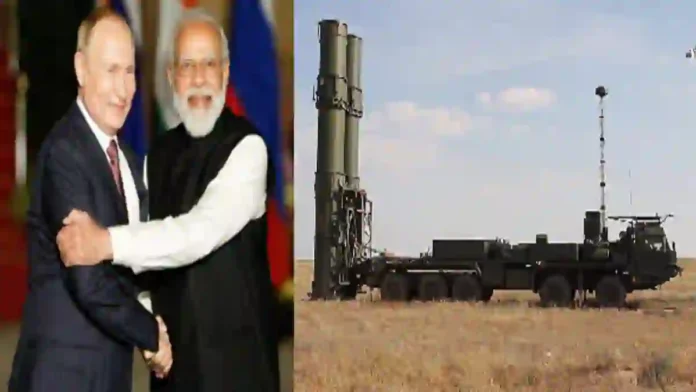India is set to receive the remaining units of the S-400 Triumf air defence system from Russia by 2025-2026, reaffirming the long-standing defence partnership between the two countries.
This commitment was confirmed by Roman Babushkin, Russia’s Deputy Chief of Mission in India, who stated that the contract for the final two S-400 units is progressing on schedule and will be completed within the publicly announced timelines.
India had signed a $5.43 billion deal with Russia in 2018 for five squadrons of the S-400 system, a state-of-the-art platform capable of engaging multiple aerial threats at long ranges. So far, three squadrons have already been delivered and deployed, with at least one stationed at Adampur in Punjab.
The S-400 system demonstrated its operational effectiveness during the recent India-Pakistan conflict in May 2025, particularly in Operation Sindoor, where it successfully intercepted several Pakistani drones and missiles.
Babushkin highlighted that the S-400 performed “very efficiently” during these clashes, reinforcing its strategic value for India’s national security. He also emphasised the potential for expanding India-Russia cooperation in air defence and anti-drone technologies, noting that both nations face evolving aerial threats, including drones, and that Russian systems are being continually modernized to address such challenges.
The Russian envoy expressed openness to further dialogue on expanding bilateral defence collaboration, especially in the areas of air defence and counter-drone systems, reflecting the strategic importance of such cooperation in the current global security environment. Additionally, Babushkin mentioned that discussions are ongoing regarding a possible visit by Russian Foreign Minister Sergey Lavrov to India, which could take place soon and would help lay the groundwork for a future India-Russia summit.
The delivery of the remaining S-400 missile systems to India is on track for completion by 2026, with both nations signalling a willingness to deepen their partnership in advanced defence technologies amid a shifting global security landscape.
Based On A PTI Report
Agencies




